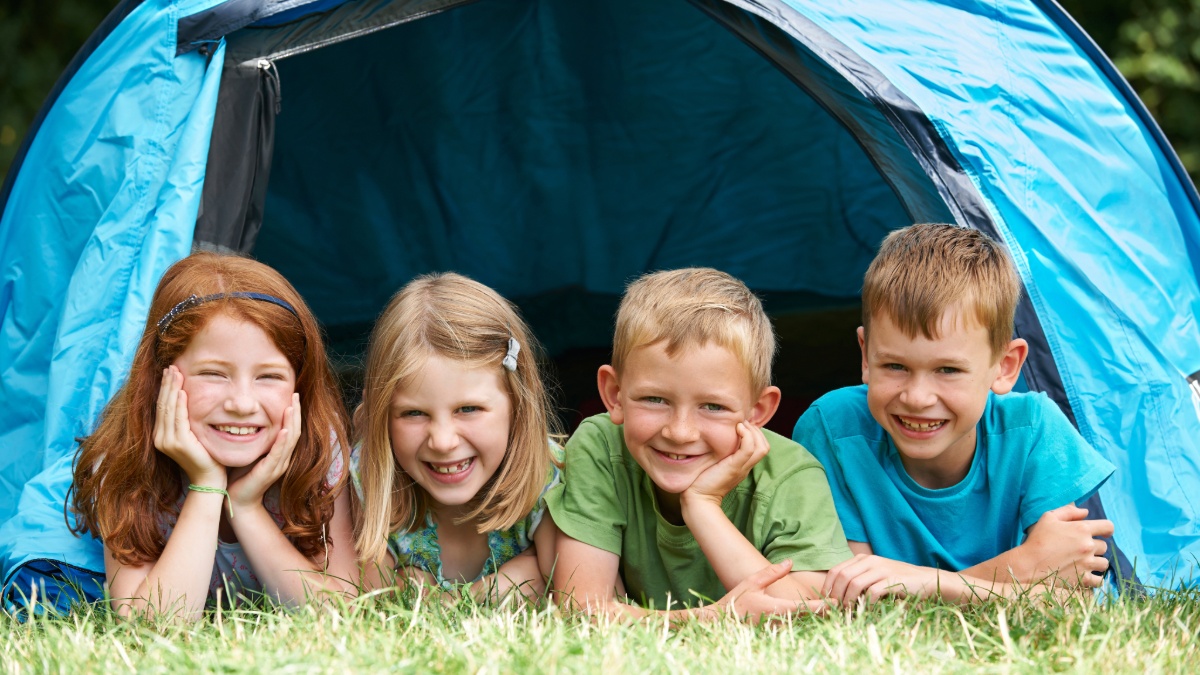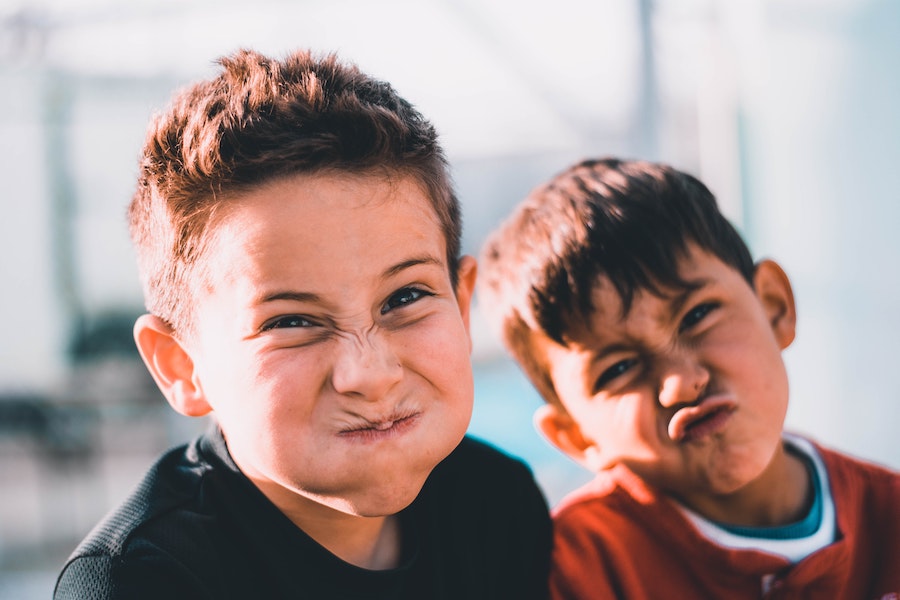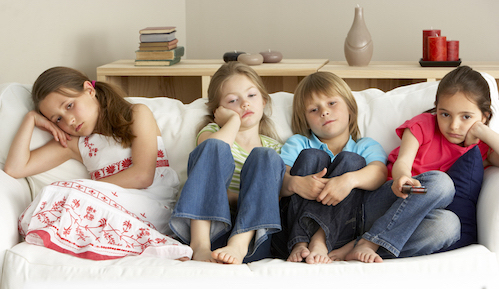
Camping with children - tips and recommendations
Vacation in a hotel? I was never particularly interested. Vacation apartment? Only if there's no other option. For me and my family, vacations are synonymous with tents and camping. A camping mom reports.
I admit it, the first two years with a small child we booked vacation apartments. Trotting around a dark campsite at four in the morning with a crying baby was unimaginable. Then, shortly before our son's third birthday, we went camping for the first time: three weeks in a tent on the French Atlantic coast. And it was wonderful! Since then, we've spent all our big summer vacations in a tent, whether in sunny Corsica or drizzly Scotland.
3 reasons why camping with children is great:
- Being outside all day and even all night - when do you get that as an office worker and city dweller? And because of the fresh air, children sleep great!
- The weather is bad, the beach not so nice after all? Unlike hotel vacations, you can move on at any time when camping.
- Camping is cozy and brings the family together.
There is a lot to discover on campsites
What makes camping with children so relaxed: there is always plenty to discover around the campsite. Whether it's a stream, trees suitable for climbing or a small playground. And everything is right on the doorstep. As soon as the children are a little older, they like to go exploring on their own and make friends with other children. And the adults? Sitting comfortably in front of the tent and can finally talk or read a book in peace!
Tip: When camping, you can hear everything - that's why the pitch should not be near a large group or even a beach bar.
Camping, glamping or mobile home - the right offer for every type of camper
Sitting on the ground in front of the tent and making tea on a small gas stove? Not everyone's cup of tea. How good that there is now a suitable pitch for every type of camper. For purists as well as campers who like a bit of comfort. These are known as "mobile homes". Ready-made large tents with a stove, fridge and other amenities. And the term "glamping" refers to original and luxurious camping accommodation. But beware: all these things are in high demand, so it pays to book early.
3 reasons why children love camping
- Unzip and get out! Outside the tent, nature awaits
- Nowhere else can you make new friends as quickly as at the campsite
- There's a lot to discover on the campsite - certainly more than in a hotel room
What you need to take with you when camping with children
- Sleeping bag and sleeping mat: good quality pays off here
- Small pillow: increases the cuddle factor and ensures a good night's sleep
- Headlamp: Indispensable for going to the toilet at night or watching a picture book in a tent or motorhome
- Toys: When camping, the classics such as a ball, bucket and shovel prove their worth - there are always other players to play with.
- Books and audio games
- A small backpack for all the treasures you find on vacation
- A pocket knife and magnifying glass for older children
- Rubber boots and rain jacket.
Book tip: Cool Camping - order now in the pme store
Admittedly, there are also ugly campsites. Barren areas in unattractive surroundings or permanent camper van castles with garden gnomes and plastic lawns. Those looking for something special will find individually managed campsites with that special something in the "Cool Camping" camping guides.
You can order the "Cool Camping" camping guides via our webshop. Simply register at familienservice and browse through our extensive range.





